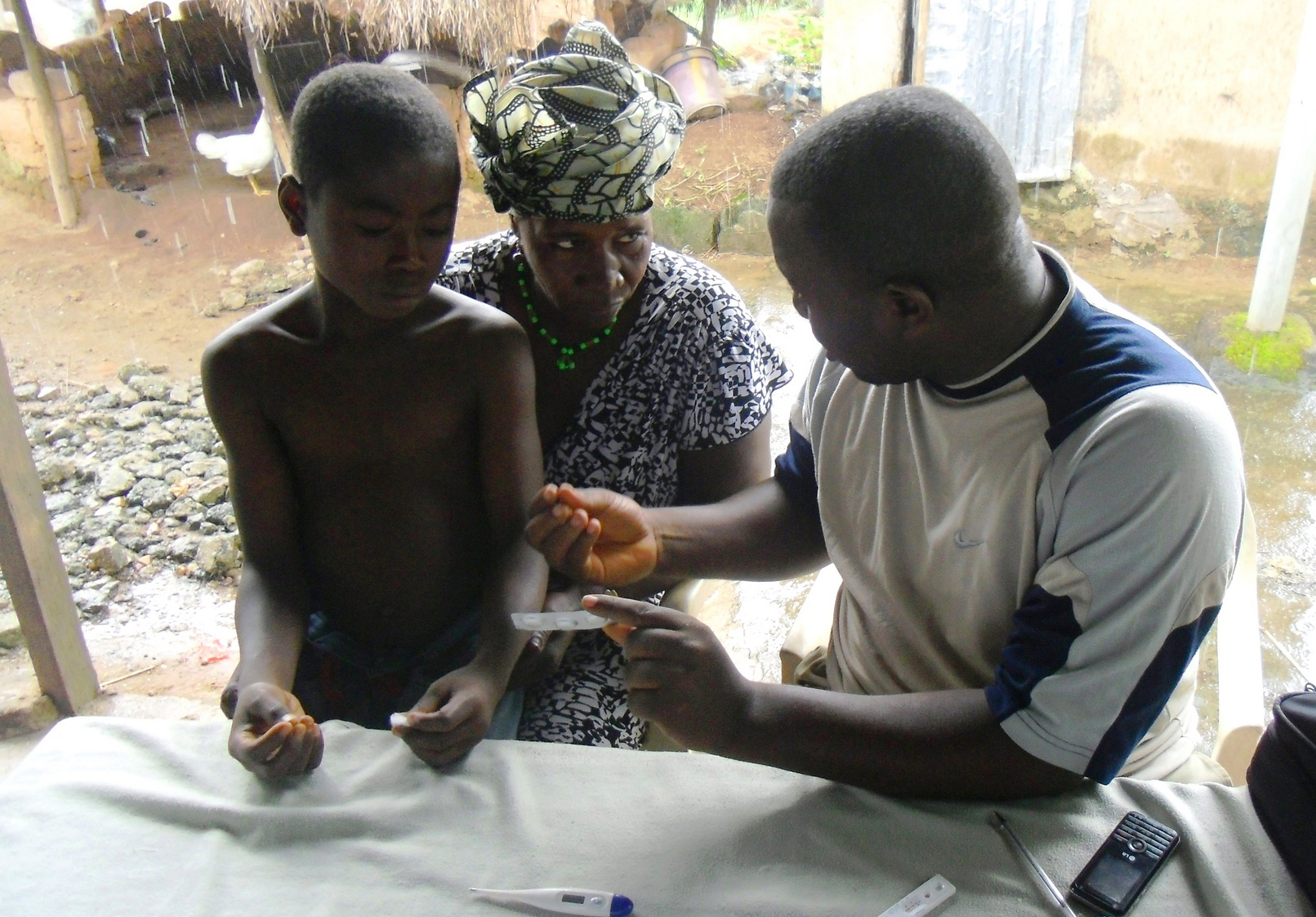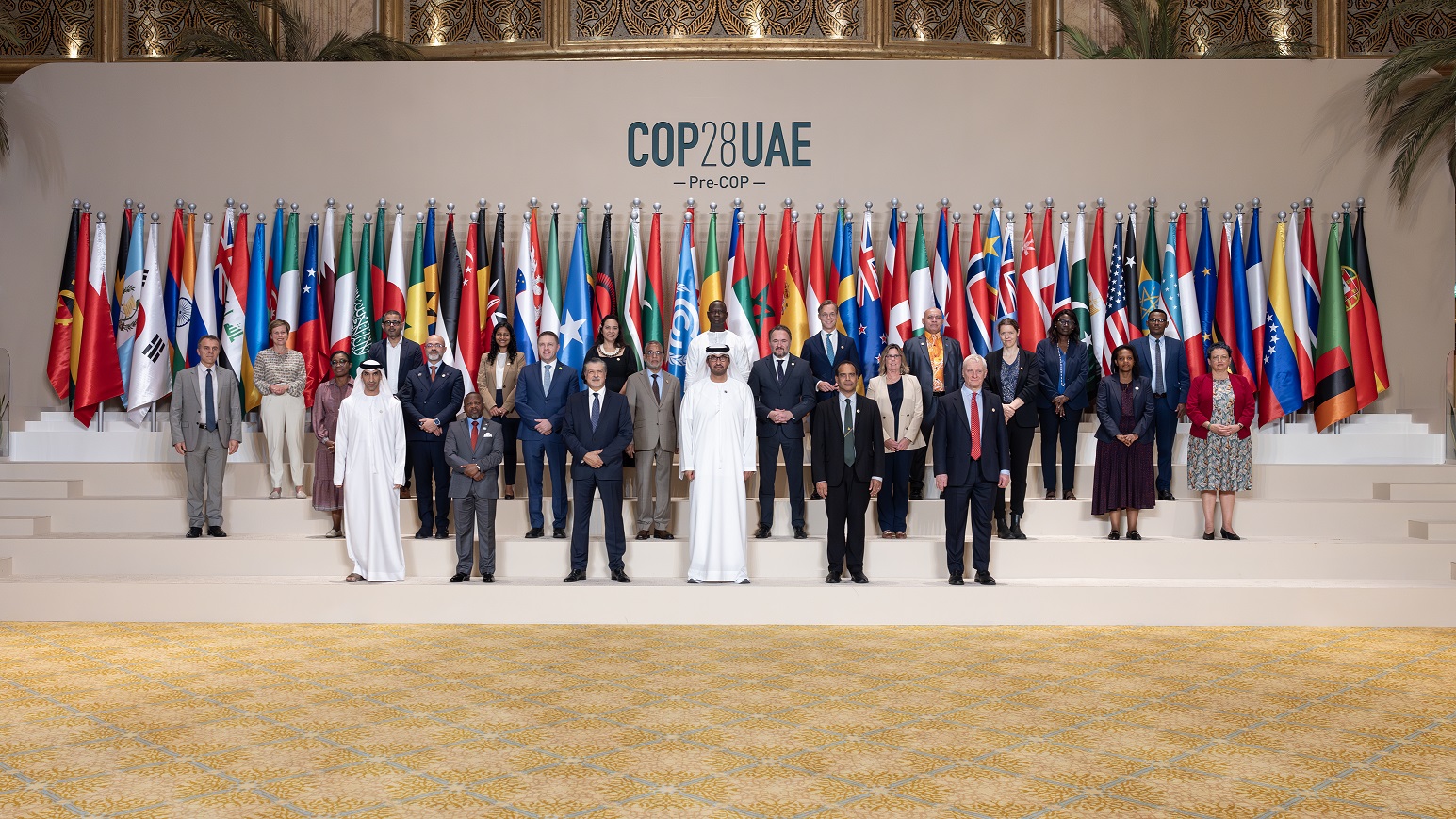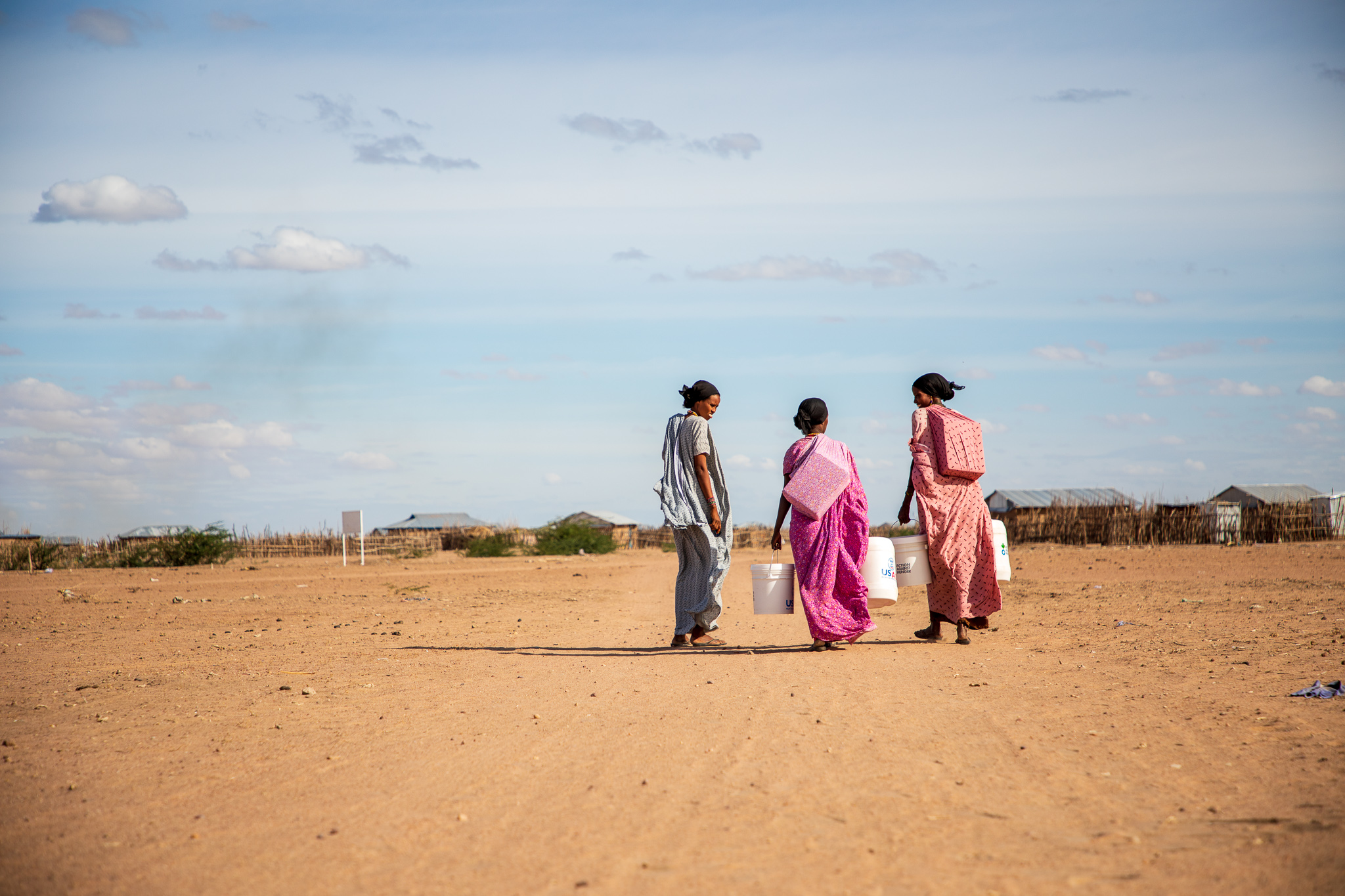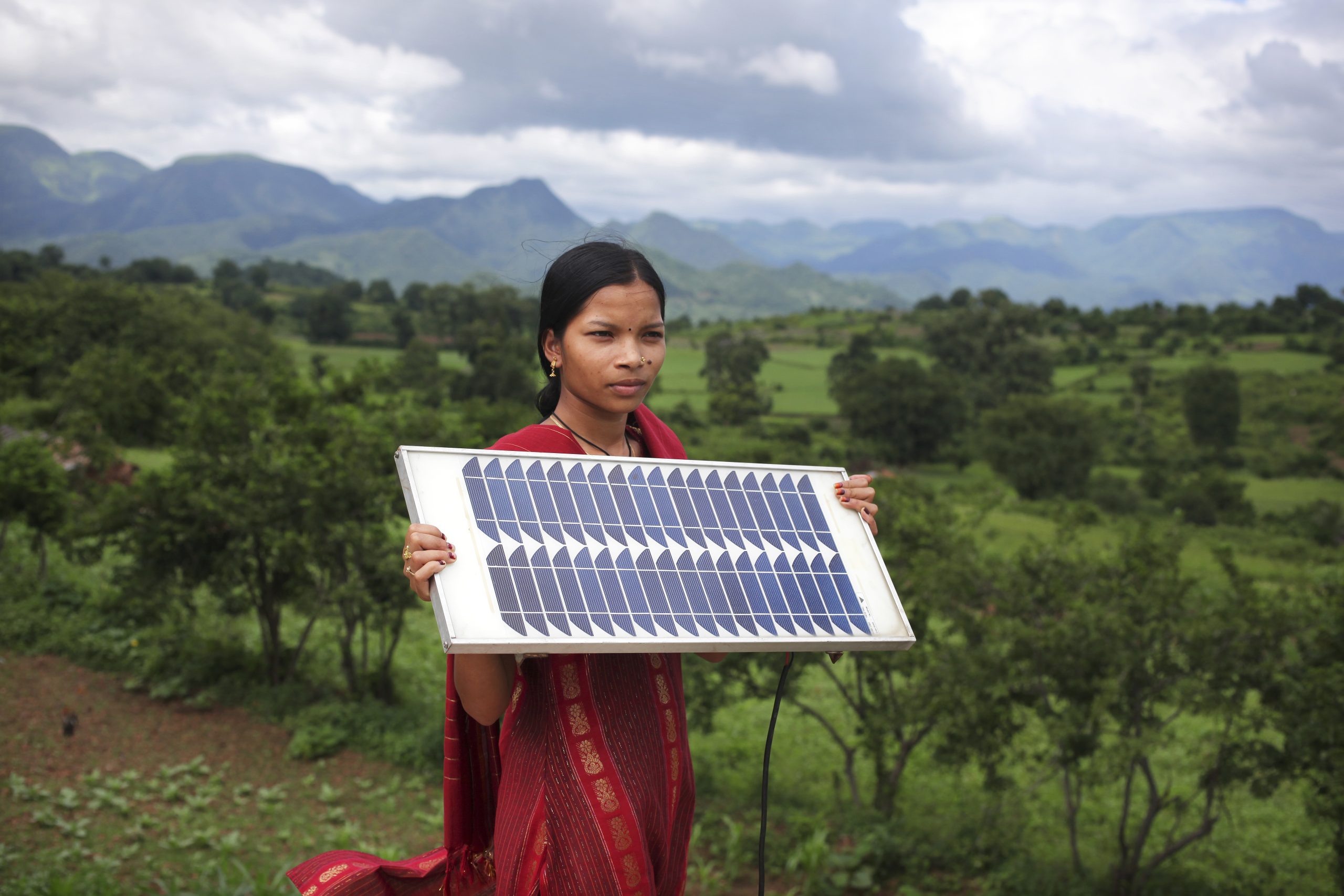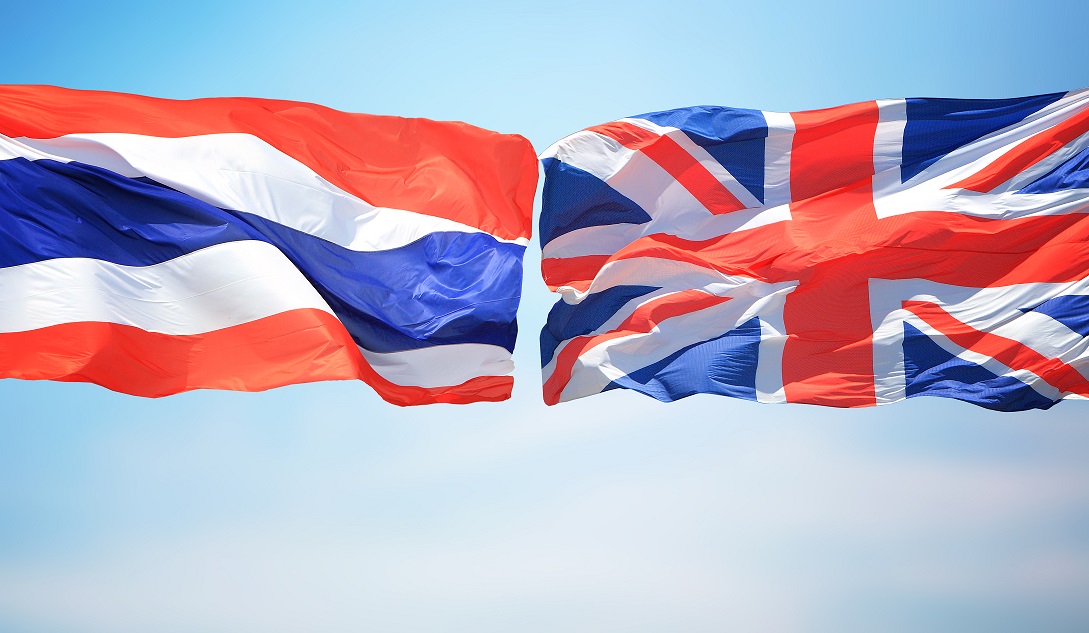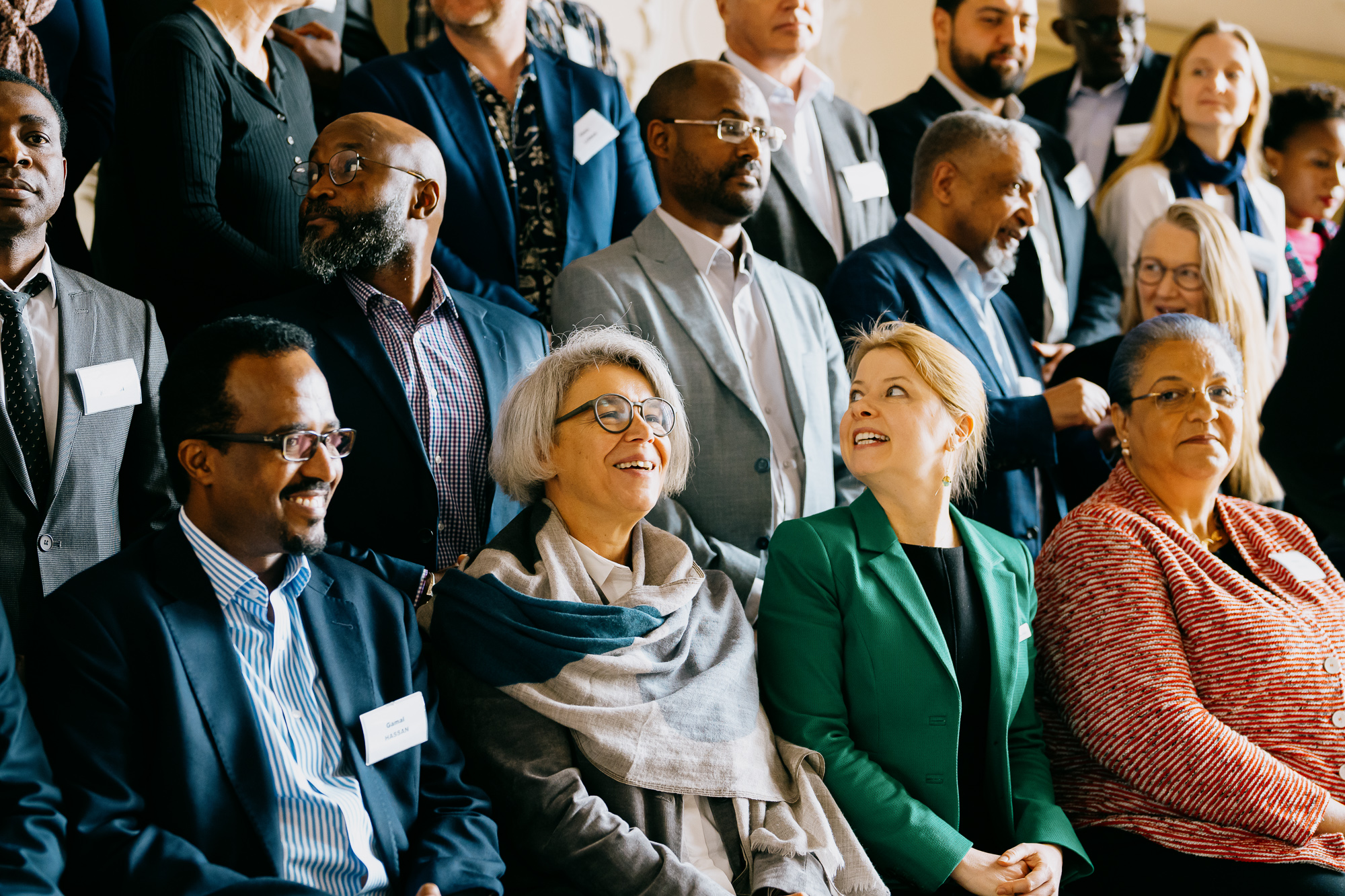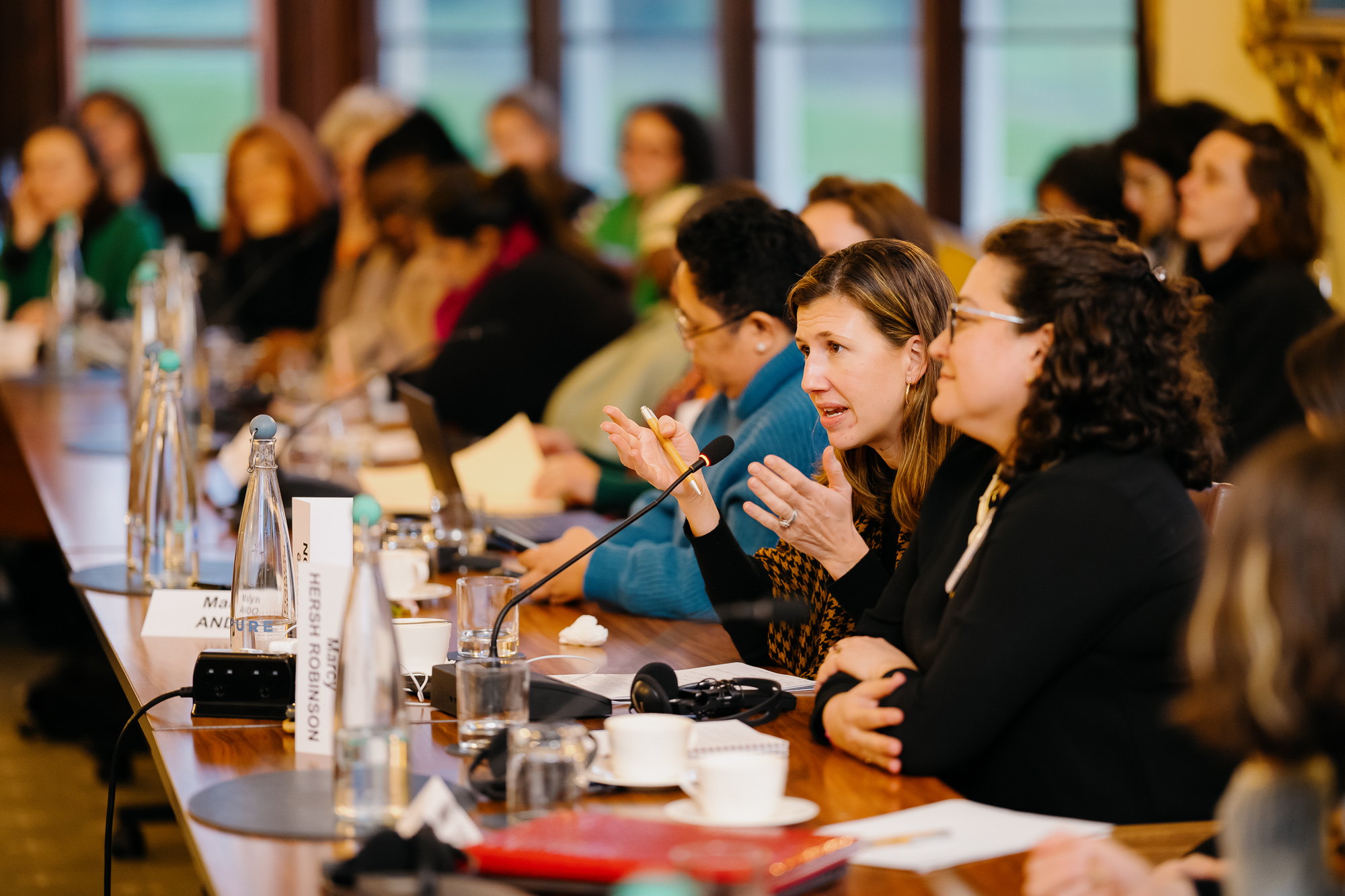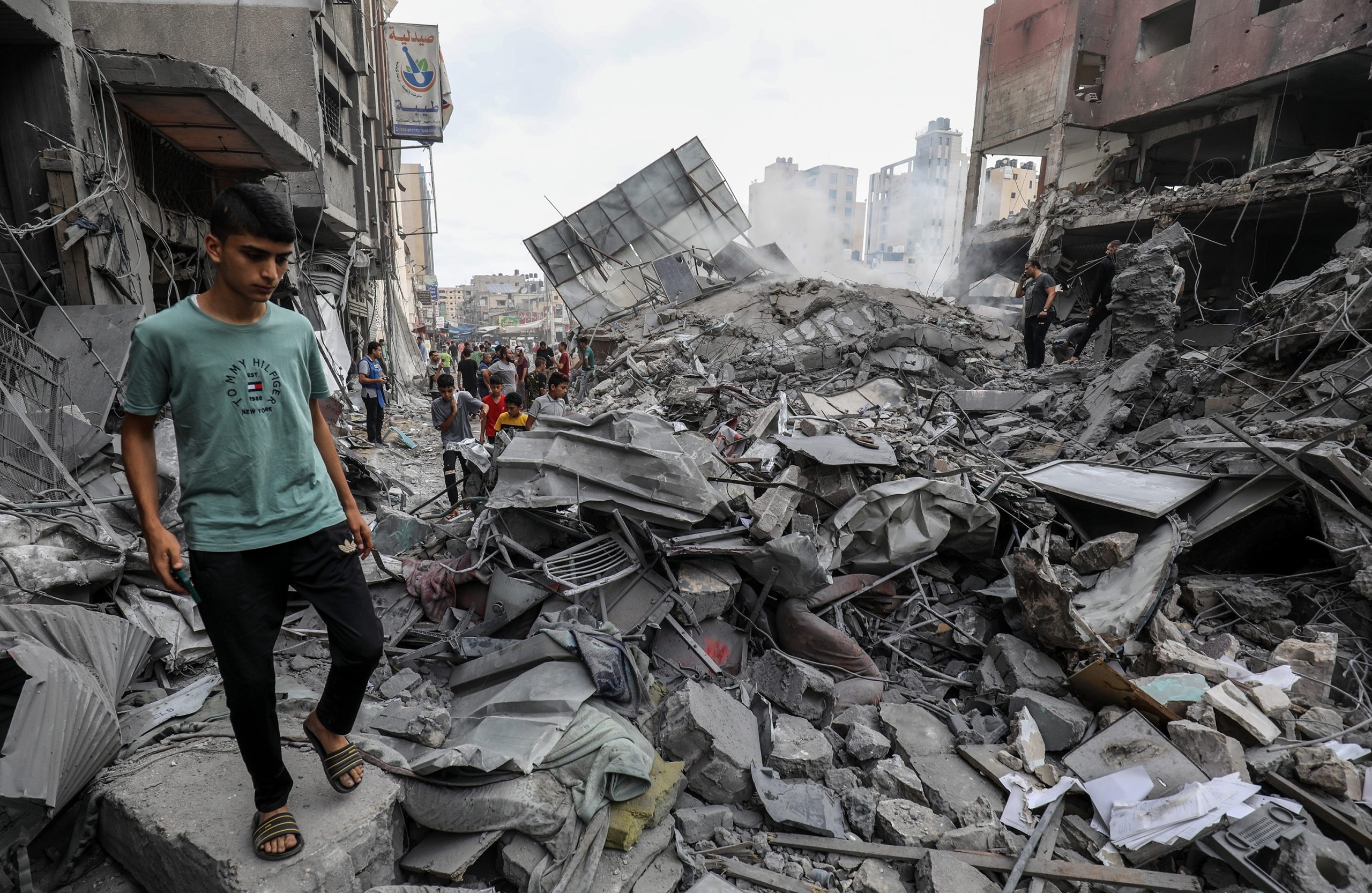This Wilton Park dialogue sought to develop clear ways forward for the Ebola affected countries in West Africa in building a skilled cadre of Community Health Workers (CHWs) as part of their development of community based primary health care.
There is an emerging consensus among global health leaders that stronger health systems, with particular emphasis on community based primary health care, will be critical to ensure adequate preparedness against future epidemics, to continue the fight against the top killers of children and women and to build capacity to handle the growing burden of chronic, non-communicable diseases.
The Sustainable Development Goals (SDGs) agreed at the United Nations General Assembly aim to reduce the global maternal mortality ratio to less than 70 per 100,000 live births, and end preventable deaths of new-borns and children under five by 2030. The SDGs emphasise the need for a substantial increase in the recruitment, development, training and retention of the health workforce, especially in least developed countries.
Recent literature also highlights the vital role that CHWs can play in promoting healthy behaviours, delivering routine care and responding to health crises. Evidence suggests that where CHWs are effectively trained and deployed, there is a reduction in maternal and child mortality, a reduction in the spread of HIV, TB, and malaria, and better management of chronic diseases. Effective training for CHWs has the potential to extend the reach of quality health care, in particular to poor and marginalized populations.
For countries in West Africa recovering from Ebola developing strategies for their community based primary health care has become more critical than ever. What are the appropriate strategies which they can adopt to build up a strong community health workforce? What lessons from other countries might be applicable in West Africa in setting up, training and incentivising a strong cadre of CHWs?
The meeting sought to:
- Develop clear ways forward for the Ebola affected countries in developing a strong community health workforce
- Through discussion and the sharing of lessons learned from elsewhere, provide insights and guidance to West African countries to support their development of strategies and policies
- Align the needs of the Ebola affected countries with the efforts of the global community working to develop or support CHW programmes
Reports
Blogs
Did We Get It Right? A Look Back at Past mHealth Efforts in West Africa (Okey Okuzu, Founder; Chief Executive Officer, InStrat Global Health Solutions)
“Mobilizing” the global community workforce for resilient primary health systems (Pape Gaye, President and CEO, IntraHealth International)
Our World’s Healthy Future Needs Community Health Workers (Katie Taylor, Deputy Assistant Administrator, Bureau for Global Health; Deputy Child and Maternal Survival Coordinator, USAID)
Further information
MCHIP Publishes Document on Community Health Worker Programs at Scale
A framework for partners’ harmonised support, Community Health Workers and Universal Health Coverage
The Community Health Framework (mPowering)
Investing in Community Health Workers Is Essential for Preventing the Next Ebola (Huffington Post)
Strengthening Primary Health Care through Community Health Workers: Investment Case and Financing Recommendations (CHW Central)
mPowering videos
ORB: aiming to transform learning for frontline health workers
https://player.vimeo.com/video/129227865
Creative Commons for Global Health
